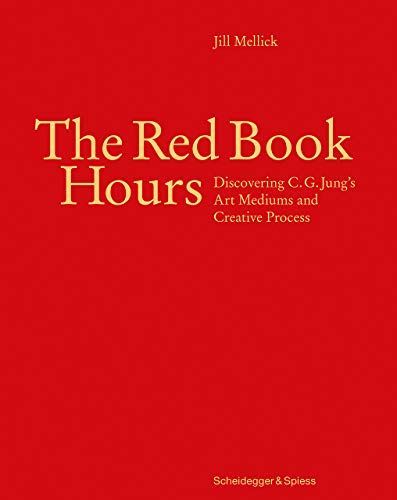
The Red Book Hours Discovering C.G. Jung's Art Mediums and Creative Process
In 1913, psychiatrist and psychoanalyst Carl Gustav Jung (1875?1961) experienced an episode of psychosis, seeing visions and hearing voices in what he called a horrible ?confrontation with the unconscious.? But, instead of seeking to minimize the hallucinations after this initial episode, Jung believed there was tremendous value in this unconscious content and developed methods to encourage hallucinations. Over some sixteen years, he recorded his experiences in a series of small journals, which he later transcribed in a large, red, leather-bound volume, commonly known as 'The Red Book'. Jung never published the Liber Novus, as he called this pivotal part of his oeuvre, and left no instructions for its final disposition, and it therefore remained unpublished until recently.0'The Red Book Hours' complements the facsimile edition and English-language translation of 'The Red Book', published in 2009, and draws out the insights into Jung?s affinity with art as a means of personal insight.